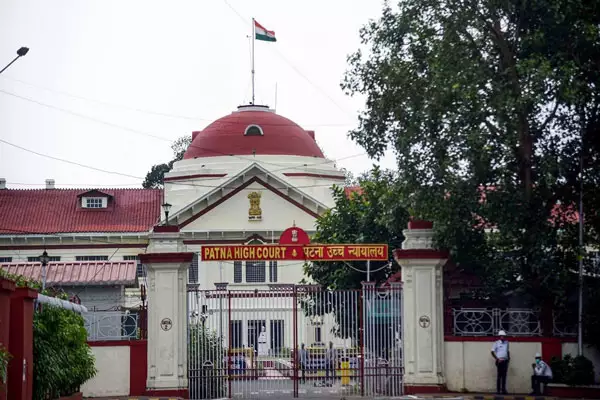The Patna High Court has recently struck down the Bihar Government’s decision to increase reservation quotas for SCs (Scheduled Castes), STs (Scheduled Tribes), and OBCs (Other Backward Classes) from 50% to 65%.
Current Status of Reservation in India:
- The Indian Constitution maintains a 50% ceiling on reservations, with exceptions allowed under Article 16(4) for special circumstances, providing valid grounds for exceeding this limit.
- Reservation should be based on adequate representation rather than proportionate representation.
- Exceeding the ceiling without citing exceptional circumstances is deemed a violation of Articles 14, 15, and 16.
- Proportionate reservation, based on the population of backward classes, is not permitted under the Constitution.
Constitutional Articles Related to Reservation:
- Article 14: Ensures equality before the law and equal protection of the laws within India.
- Article 16: Prohibits discrimination based on religion, race, caste, sex, descent, place of birth, or residence in employment and allows provisions for backward classes under Article 16(4).
- Article 330 and Article 332: Provide for the reservation of seats for SCs and STs in the House of the People and State Legislative Assemblies, respectively.
- Article 342A (3): Allows each state or union territory to maintain its list of socially and educationally backward classes separate from the Central List.
- Article 15(4) and Article 15(5): Empower the state to make special provisions for the advancement and reservation of seats for SCs, STs, and SEBCs in educational institutions.
- 102nd Amendment: Altered the states’ power to identify backward classes in their territories for reservations.
- 103rd Amendment Act: Introduced a separate reservation quota for economically weaker sections of society.
| UPSC IAS Preparation Resources | |
| Current Affairs Analysis | Topperspedia |
| GS Shots | Simply Explained |
| Daily Flash Cards | Daily Quiz |



